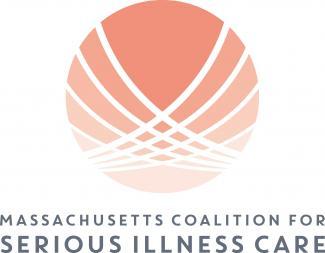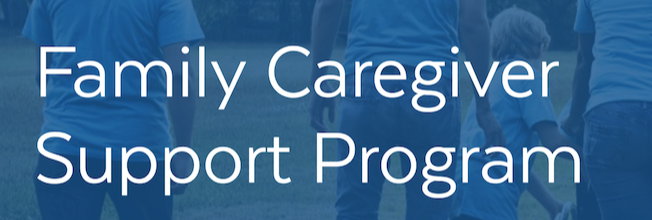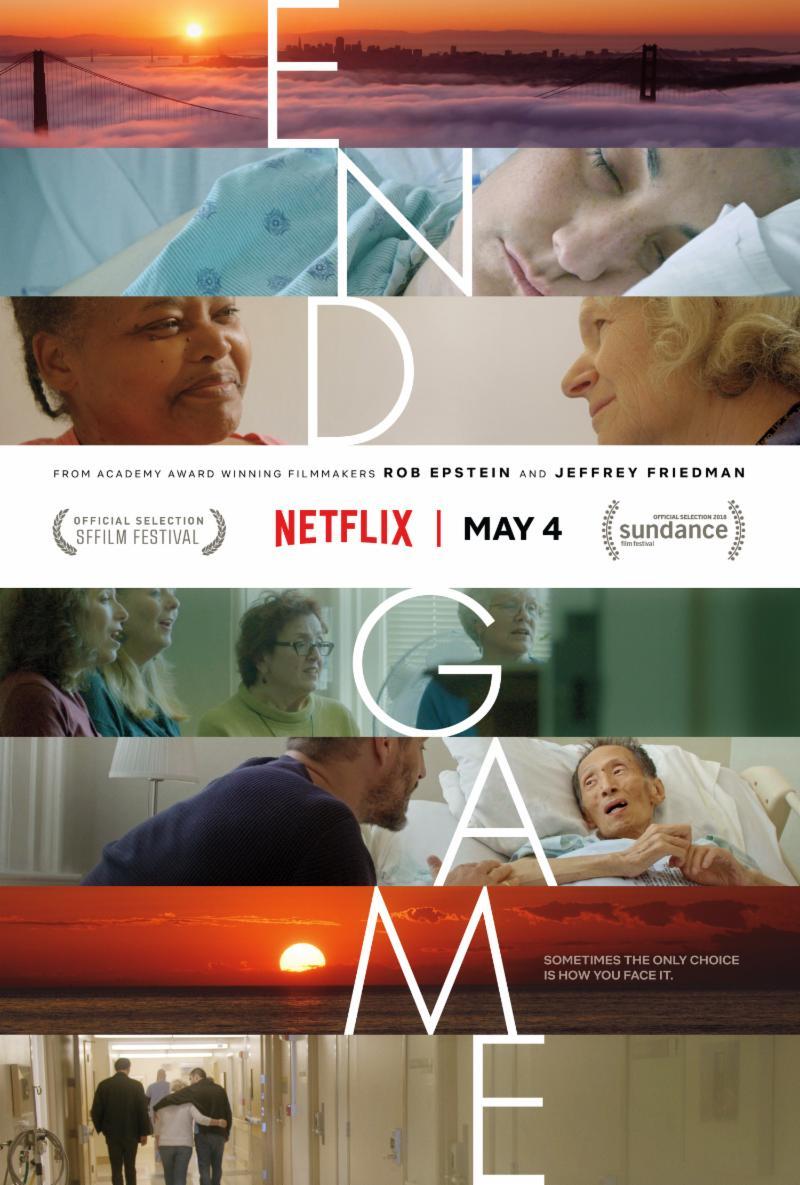July 2018 Newsletter

Publication Date: July 1, 2018
Caring for the Caregivers

Throughout the Commonwealth, family caregivers provide essential care to older adults and individuals with disabilities. According to AARP, there are 844,000 family caregivers in Massachusetts. A 2015 national AARP survey estimated that more than 42 million family caregivers each year provide unpaid care for their family members or friends.
Family caregiving is both rewarding and stressful, and is often one of many roles an individual plays. Caregivers are able to build a wide variety of skills and expertise, such as the right way to help someone with personal care, falls prevention techniques, and how to navigate the complexities of the medical and social service systems.
In June of 2017, The Massachusetts eHealth Institute at the Massachusetts Technology Collaborative (MeHI/MassTech) did a study about caregivers in the Commonwealth. Sixty percent of people surveyed said being a caregiver disrupts their life either “a great deal” (13 percent) or a “fair amount” (47 percent). Nearly half of them reported feeling overwhelmed or burnt out.
“You might not think of yourself as a ‘caregiver,’ but if you’re helping someone with meals, medications, chores or medical appointments, then you are a caregiver,” says Secretary Alice Bonner, Executive Office of Elder Affairs (EOEA), which is a Coalition member. “Knowing where and how to get help, allows caregivers to maintain their own health and wellbeing while caring for their family member.”
EOEA offers a number of programs to help caregivers and their families, including the Massachusetts Family Caregiver Support Program (MFCSP). The federally-funded program is administered on the regional level through Area Agencies on Aging (AAAs) and Aging Services Access Points (ASAPs).
When people first get involved with the program, they meet with a caregiver specialist who listens to their situation and develops a care plan to meet their specific needs. Examples of services include:
- Counseling - More than 3,100 caregivers annually receive counseling from the MFSCP to help them work through their stress and make sure they are practicing positive self-care.
- Direct Services - More than 850 get Direct Services to help relieve the day-to-day care responsibilities. This can come in many forms.
- Respite services include paid time for their care recipient to attend an adult day health facility, so the caregiver can have a break. It can also come in the form of scholarships, so kids being cared for by their grandparents can go to camp.
- Supplemental services allow for a variety of services, including modifications to be made to homes such as bars in the bathroom and tracking systems to keep their care recipient safe.
- Self-directed funds allow caregivers to decide how to best use funds, such as hiring a companion for a few hours.
- Education - More than 600,000 caregivers access information through a variety of media and communication sources. This helps caregivers build their understanding and navigate systems to get the services they and their care recipients need.
Whatever services caregivers need, the Massachusetts Caregiver Support Program is there to help find what will work best for them and their families. The program is available to adult family members or other non-paid caregivers over the age of 18 providing care to people 60 years or older, and those of any age who have Alzheimer’s disease or related dementia. It is also available for a grandparent or other relative over the age of 55 (other than a parent) who is providing care to a child under the age of 18, as well as to a grandparent or other relative over the age of 55 who is providing care to an adult with a disability who is 18 through 59 years of age.To learn more, please visit the program’s website or call 1-800-243-4636.
If you have a story to share about your organization, please let us know! Contact Richard Averbuch at [email protected].
Invitation for Submissions: Prizes for Innovations in Serious Illness Care for Underserved Communities

The Boston University Institute for Health System Innovation and Policy was established in 2016 to develop solutions to address the critical challenges of health and health care. Its goal is to transform health care through integration and innovation across science and technology, system design and management, leadership, and policy development.
The institute is now seeking to honor individuals and/or organizations that have successfully implemented sustainable serious illness care programs, interventions, or projects for underserved populations in the U.S. Their goal is to identify and share best practices and implementation strategies. The organization is offering cash prize awards for the top three submissions (1st place: $1,500; 2nd place: $750, 3rd place: $500). Winners will be notified on October 15, 2018, and awards will be presented at Boston University on November 29, 2018. Applications are due by September 1, 2018.
"End Game:" Human Stories About End-of-Life Care

End Game is a powerful new documentary featuring the stories of three patients at the end of life. It's a portrait of families and clinicians working through complex issues around honoring patients' wishes and sometimes making agonizing decisions about the course of care. The film is set at UCSF Medical Center and the Zen Hospice Project in San Francisco. Patients, family members, and palliative care physicians - including Dr. B.J. Miller - share their feelings about caring for those with terminal illness. The New York Times describes the work as "a provocative and intimate look at how doctors, nurses and patients at two San Francisco Bay Area hospitals cope with death. Frank without ever becoming to gloomy, End Game urges viewers to think about our last days on Earth not as a heartbreaking tragedy but as an opportunity for true closure." The film is available on Netflix.
